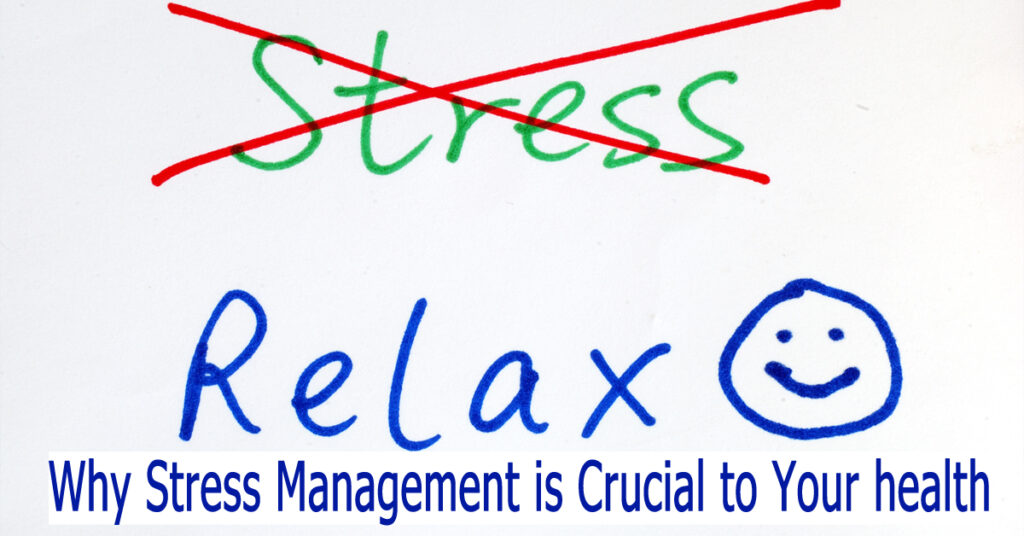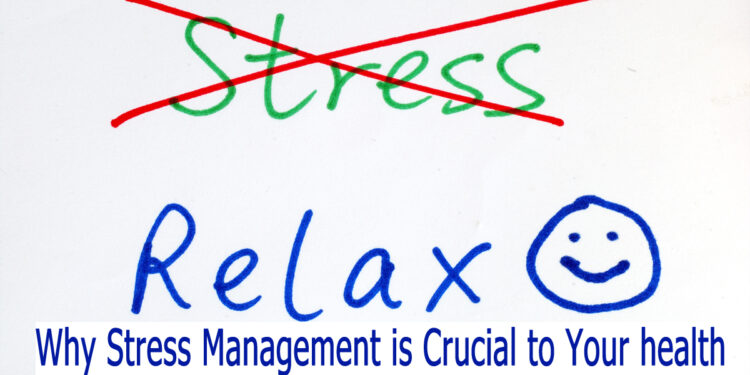Nowadays, when everything seems to be fast-paced and highly demanding, it is no wonder why most people feel a great deal of stress. Stress is a condition that is experienced by people at one point in their lives.

This is because stress is the body’s defense mechanism toward an actual or perceived threat or difficulty in life. In fact, stress is unavoidable, but if it is not reined properly, it can extremely affect one’s mind and body. Once this happens, it can lead to a disruption in the overall balance of one’s psychosomatic system.
The perception of stress is highly individualized. This is the main reason why different people react in a distinct way toward an adverse situation. For instance, your friend may find it very thrilling and exciting to ride a roller coaster. You, on the other hand, is sweating and constantly praying for the ride to end. Indeed, there are times when it is not the external events that are stressful, but your perception of them.
However, a good amount of stress is beneficial in the sense that it primes the body to readily react to adverse situations. Thus, it is best to manage stress and bring it to an optimum level where one is kept motivated and self-driven rather than overwhelmed, worried, and anxious. This is achieved through stress management.
Many people are drinking cherry juice as a popular way to reduce stress naturally. Did you know cherry juice is nature’s top source of naturally occurring Melatonin. Getting a good night’s rest is a good way to reduce stress naturally. Learn more about cherry juice and how it helps with improving your sleep – Click Here.
Why is stress management really crucial to one’s health? The main reason for this is due to the myriad of negative effects caused by stress that is not dealt with properly, or ignored incessantly. Stress can take a toll on your mental, physical, and emotional health. Initially, the effects of stress on the body can be somewhat restrained, but over time, they can be fatal. Some of these are the following: sudden surge of blood sugar, blood pressure, and heart rate—all of which are needed by the body to confront or avoid an impending danger (fight or flight response).
Moreover, there are a number of complications that are caused by chronic stress. In fact, according to the American Psychological Association, stress is linked to the six leading causes of death: heart disease, cancer, lung ailments, accidents, cirrhosis of the liver and suicide.
The multitude of negative effects of stress can be best explained by the hormonal changes that occur when one faces a stressful situation. Each person has a stress system in the body which is generally responsible for coordinating all the chemical and physiological processes that occur as a response to stress by releasing hormones.
However, there is more to the system than just that. The hormones circulating in the body are very much regulated to affect other systems such as the immune system, cardiovascular system, gastrointestinal system, behavioral system, etc. For instance, stress alters a person’s serotonin levels. Serotonin is the neurotransmitter that is responsible for the regulation of sleep, mood, and one’s wellbeing, in general. Once the normal levels of serotonin are disrupted due to stress, there are reduced feelings of pleasure which can ultimately lead to a poor quality of life.
Undoubtedly, knowing all these terrible consequences of stress to our body, the importance of stress management is made even more evident.




























